Why go vegan?
In recent years the profile of veganism has increased significantly. Those advocating plant-based diets claim various health benefits – increased energy levels and strength, reduction in cancer risk, lower cholesterol levels, reduced diabetes risk, better mental health and even better sexual performance. Sign me up! There are environmental benefits too – moving away from meat lowers your carbon footprint as it reduces reliance on the mass-farming of animals for food.
The 2017 Netflix documentary What the Health covered the health benefits above and more. It highlighted how one housebound lady, in ill health, who used a walking frame and was on several types of medication, became mobile and active again after switching to a plant-based diet. Even more amazingly, one of the contributors said that she managed to cure her thyroid cancer by going vegan. With input from scientific experts and doctors, going vegan seemed very compelling, although the baseball-capped documentary maker was a little annoying.
A year later, another, glossier, documentary called The Game Changers hit cinemas. With big names like James Cameron and Arnold Schwarzenegger behind it, it had a much higher profile… although I still didn’t get around to watching it until September 2023. It had a strong ‘performance’ focus, covering sport, strength, fitness, injury recovery and impact on sexual arousal along with the previously mentioned health and environmental benefits. With scientists, sports stars, athletes and even the great Arnie championing the plant-based diet, I thought, ‘OK! It’s time to give it a go,’ so, a few days later, my girlfriend and I went vegan… although it was going to take a few days as we still had to eat all the stuff we had in the freezer. The plan was to give veganism a month to see how we felt as many others purported to feel the difference after even just a couple of weeks.
I’ve eaten meat all my life, in large amounts. My main meals generally included at least 60 grams of protein, usually chicken, and not enough veg. Going vegan wasn’t going to be easy. I say ‘vegan’ but to be truly vegan you also need to give up other products derived from animals. Some vegans even avoid honey as they see it as exploiting bees. I still wear leather shoes, so, when I and many others talk about going vegan, we’re really talking about just the food part, i.e. moving to a plant-based diet.
Switching to a plant-based diet
Surprisingly, stopping meat and switching to a plant-based diet wasn’t as difficult as I expected. One thing that helped was that my girlfriend and I made the change together, so we didn’t have to make separate meals. My willpower, when it comes to diet, has always been terrible; I gave up dairy for eight hours once – having started on a Friday morning and then stumbled into a plate of cheesy, chilli nachos at the pub after work. However, on this occasion, probably excited by the potential benefits trumpeted in the documentaries, I was surprisingly committed and didn’t falter. Friends and family didn’t believe me, due to my ‘meaty’ past, and they certainly didn’t think I’d last more than a couple of days, but it wasn’t as difficult as I’d expected.
Cooking vegan was surprisingly enjoyable
My girlfriend is a much better cook than me, but we still had to learn a new way of cooking. Flavour would be a challenge, especially as we were used to eating animal protein. Chicken, meat, eggs and cheese are incredibly flavoursome compared to meat substitutes such as tofu, tempeh and seitan, so we needed to make more effort by using more spices, herbs and fresh ingredients to make the food interesting. You’d think this would be a chore, but it made the whole experience more enjoyable. Making sauces such as katsu or an Indonesian curry from scratch felt great – no need to buy processed jars. YouTube and the internet were great sources for recipes.
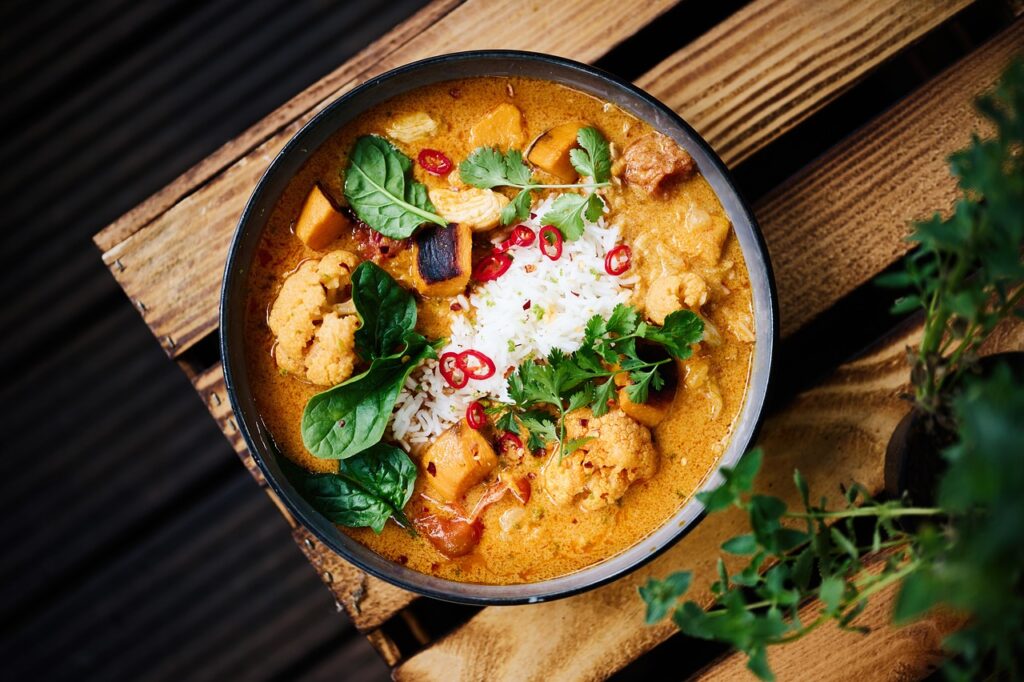
Another benefit was food hygiene and safety. Even though we were already careful with our food preparation, we could be a bit more relaxed as the risk of food poisoning from animal protein was eliminated – no longer did we have to use separate utensils for raw or half-cooked meat and the elimination of packaging covered in meat juices meant that the bin didn’t stink so much!
Eliminating meat also reduced cooking times. Tofu and other meat alternatives don’t need to be cooked so thoroughly to kill bacteria.
Having dishes with several different veggies was very tasty too, although, as a former carnivore, I was still a little dependent on so-called meat alternatives.
Shopping – cheaper and expensive
It probably won’t surprise you that our shopping bills dropped quite a bit as we stopped buying meat products. Tofu, effectively used as a substitute for chicken, was reasonably priced. The protein content wasn’t as high, but it padded out our meals sufficiently. The texture and mouthfeel aren’t the same as chicken and flavours don’t penetrate far into the tofu, but it was OK. The flavours of mixed veggies made up for it. Adding peanuts to meals, depending on what we were cooking, also improved texture and flavour.
However, that’s not the full story. The big issue is meat alternatives. Many of them are highly processed and expensive. Most companies, which are branded to look ‘right on’ are owned by massive corporations who are interested in one thing – profit. One product, the closest thing to chicken for taste and texture, used to be reasonably priced, but then the affordable frozen version was discontinued and replaced with a refrigerated one which was a third of the size but at the same price. This made it more expensive than free-range organic chicken. Surprise, surprise – it’s owned by one of the top 10 global FMCG companies. I’ll point out which and cover protein in more detail another day but when you look at the pricing of products badged ‘plant-based’ or ‘vegan’ be aware that the big companies aren’t interested in making them affordable. That’s not really going to encourage people to go meat-free is it?
Oh, I forgot to mention burgers. For £4.40, you can buy TWO plant-based Beyond Burgers at Tesco. For a few pennies more, at £4.95, you can buy FOUR Duchy Organic British Beef Burgers from Waitrose. Meat alternatives are clearly not budget-friendly!
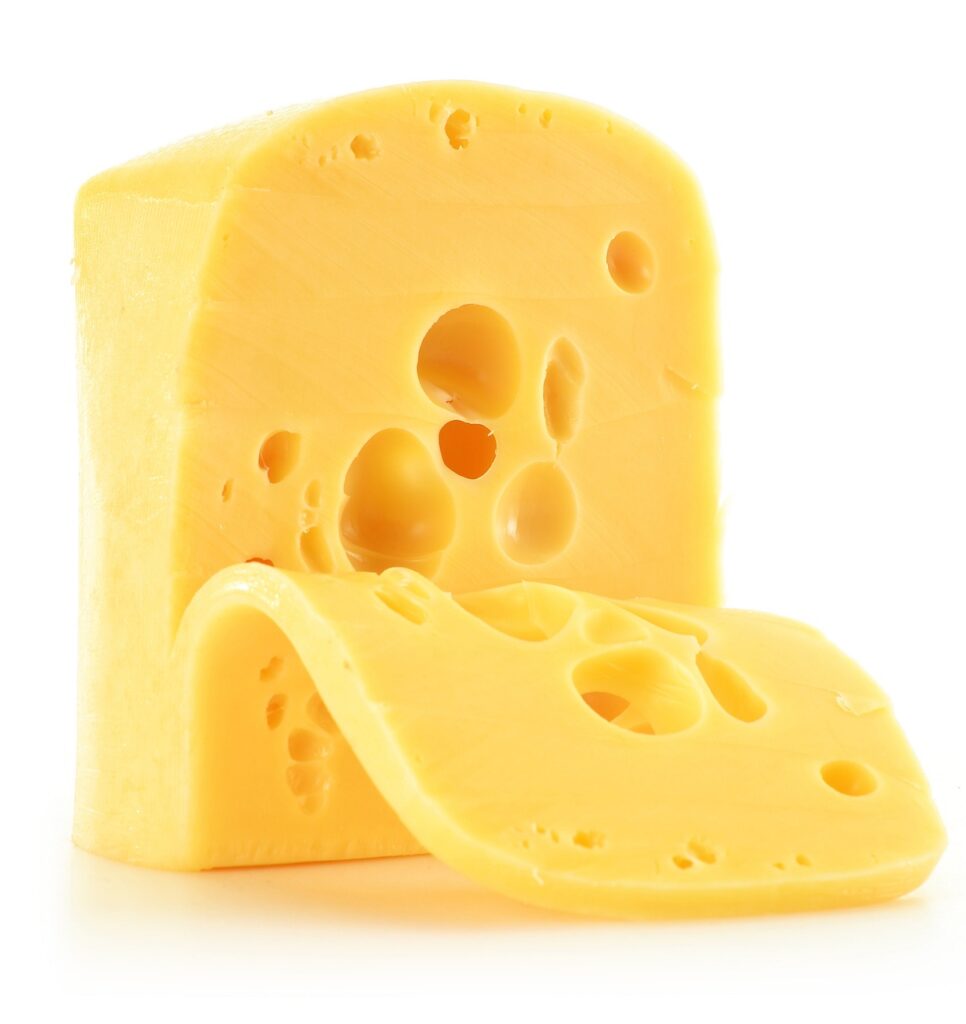
What about other items? What about the big one? Well, vegan cheese just isn’t nice – most vegan “cheddar” cheeses, even the good ones, taste like parmesan and they don’t melt well. They’re not a patch on dairy cheese and again, how processed are they?
Yoghurt alternatives are about three times as expensive too and are also heavily processed.
Another temptation we managed to avoid was ready meals. Some are pretty good but again they tend to be highly processed foods. Eating clean should be one of the benefits of eating plant-based food, so why eat highly processed, packaged foods?
Confusing labelling – surprise, surprise!
One major frustration is product labelling. Aside from the plant-based or meat-free sections in supermarkets, many other products are actually OK for vegans but they’re not labelled as such. We weren’t particularly bothered about them having a Vegan Society logo on them as the words ‘suitable for vegans’ would suffice, rather than having to interrogate ingredient lists in microscopic fonts.
There are two main reasons for this.
- The food may have been produced in a facility that manufactures other food products which contain animal products so, from a safety perspective, they need to be cautious in case of accidental cross-contamination. This could obviously be fatal for anyone with a serious food allergy. A big issue is that consumers often think that the word vegan means that it is ‘free from’ certain allergens (eg dairy) but this is not the case. Vegan is a dietary preference, whereas ‘free from’ labelled food is specifically focused on avoiding specific allergens or intolerances. The Food Standards Agency (FSA) explains this in more detail, and it’s worth highlighting that there is currently no legal definition of ‘vegan’ for food labelling. So, you can see why food companies need to be careful, however, from our personal perspectives, neither of us had food allergies so we found it a little frustrating and wished a ‘vegan-ish’ label was in place so that we could easily identify foods which were intended to be plant-based but may have had the potential to be inadvertently contaminated. We’d have been more than happy with such an approach.
- The term ‘vegan’ has negative connotations, conjuring up thoughts of tree-huggers or smug, preachy, middle-class people. There’s a common saying that you’ve probably heard: “How do you know if someone’s vegan? They’ll tell you.”
Research and surveys have shown that the words ‘vegan’ and ‘plant-based’ on food packaging are a big turn-off for consumers.
I have to admit, with summer being so warm, I just happened to buy my first pair of mandals (male sandals) recently. I wonder if my next steps will be to grow a beard, shower less and drink real ale. Yup, I’m guilty of stereotyping too… and that’s something that vegans suffer with. You get the picture; vegans have an image problem – and that’s going to impact food marketing and packaging.
Fundamentally, these two labelling issues mean that you have to put more effort in if you’re moving to a plant-based diet.
Chocolate, takeaways and eating out
Takeaways and chocolate both have an impact when you go vegan – in a good way. Let’s cover chocolate first. I’m a big fan of Cadbury’s Milk Chocolate. Like many in the UK, I grew up on it and there was always a big, purple pack of chunky Dairy Milk in the store cupboard. The single strip of chunks I’d intended to eat with a coffee would inevitably turn into two strips and sometimes three, as it is so morish. However, going vegan meant that we couldn’t have milk chocolate, so we had to switch to plain (or dark) chocolate.

From a health perspective, dark chocolate is better than milk chocolate as it contains less sugar and fat. It also contains more cacao, which in turn contains more flavanols. These help to improve blood flow. But there’s another significant bonus with plain chocolate – the reduction in fat, sugar and other additives means that it doesn’t have the ‘more, more, more’ impact on your taste buds, so you eat less of it, which helps to further reduce your calorie intake. So there are several ways it is better for you than milk chocolate (in moderation of course).
Eating less also applies to takeaways. We found that it wasn’t that easy to find vegan takeaway food in our town, but really, we’re talking about takeaway deliveries here. The only option was pizza with vegetarian cheese, which, as I said earlier, isn’t a patch on dairy cheese. So, with the availability of takeaways being limited, you can’t have them, so it’s an immediate win for the finances. Of course, this means you need to cook (or starve) so inevitably you have to make something – but at least it’ll be cheaper and probably healthier. There’s also another important thing to remember about takeaway deliveries. We often think that they are a quick option but how often have you ordered one and it’s taken an hour or more to arrive? You could’ve cooked something quicker for a fraction of the price, particularly if you have a large family and sometimes they can be a huge disappointment too, the takeaways that is, not the family, although…😁
We found eating out to be generally OK. One example was a trip to the Isle of Wight. We stayed in Cowes. Pretty much every pub or restaurant offered vegan options, so we didn’t struggle to find places to eat. Interestingly enough we couldn’t visit Indian restaurants as they didn’t have any vegan options, which is a bit odd when you consider that the Indian diet is traditionally predominantly vegetarian. The Indian restaurants also weren’t dog friendly so we couldn’t use them anyway, and we have noticed that no vegan options and no dog policies are the norm for Indian restaurants pretty much everywhere you go. “C’mon Indians,” and I say that as an Indian myself, “Let’s have vegan options and allow dogs into restaurants!”
While vegan options can be limited, the main gripe we had with vegan food when eating out, was the price – vegan and non-vegan meals were priced about the same. Hang on a sec; the ingredients are cheaper, especially without a lump of meat or fish on the plate, but the price of the dish is the same. It appears that there’s a bigger margin on vegan meals. Bloomin’ capitalism!
Health issues and health benefits
The benefits of veganism are trumpeted as being almost miraculous in terms of the potential health improvements, but it’s not that straightforward. Plant-based diets have several well-recognised risks. These relate mainly to vitamin and mineral deficiencies.
The NHS website states the need for:
“…fortified foods or supplements containing nutrients that are more difficult to get through a vegan diet, including vitamin D, vitamin B12, iodine, selenium, calcium and iron.”

Calcium and vitamin D are essential for strong bones and teeth. B12 is required to produce red blood cells. Iron (and zinc) are also needed for red blood cells and are not easy to absorb from plants. Iodine is also required for proper thyroid function which is vital to regulate muscle growth and metabolism. Even though we tried to have a varied diet, it probably won’t surprise you that we took multivitamins and minerals, as well as extra calcium tablets, to make up for the potential deficiencies so that we didn’t do any long-term damage to our bodies.
So, bearing in mind the elimination of animal fat from my diet, how did my cholesterol and blood sugar levels compare? Documentaries and some researchers speak of significant changes after only a few weeks – remember the lady with the walking frame?
Well, after a month I had my levels checked and there was no change whatsoever. That was a little disappointing as one would expect such a dramatic change in diet at least a visible difference. But we carried on. Seven months later, I tested again and somewhat surprisingly my cholesterol was still high and my diabetes risk had actually increased. The only difference I could see was on the outside; my body shape had changed a little – basically, I was a little slimmer. Effectively, I was slimmer on the outside and fatter on the inside! Not quite what I’d hoped for.
I also didn’t see this ‘slimness’ as an improvement. Why? Over this period, I’d struggled to build muscle while working out. One of the issues with a vegan diet is the ability to take in enough protein and the right kind. I’ll cover this more specifically another day, as it is a contentious topic, but fundamentally you have to eat a HUGE amount of vegetables and plant-based foods, including tofu, to get the correct amount and balance of amino acids (the building blocks of protein) to repair and grow. Yes, you can supplement with vegan protein powders, but again they tend not to have a complete protein profile (ie have all essential amino acids) and they aren’t particularly palatable, even when compared to whey protein.
As mentioned, I’ll cover protein and veganism in more detail in the future but in the meantime, I have to admit that I’m a little concerned about how some vegan evangelists may be, intentionally or unintentionally, misleading the public when it comes to plant-based proteins.
Was it worth it?
OK; so you’ve read a summary of our switch to plant-based food- the pros and the cons. After nine months, are we still vegan? Well, the answer is, no.
We gave it our best shot but ultimately didn’t see any significant well-being improvements and had concerns about our long-term health. I stopped first and a few weeks later my girlfriend joined me. One of the biggest issues for me was the lack of protein.
I was concerned that I wasn’t nourishing my body sufficiently after exercise and was worried about my long-term health. At the age of 54, I’m getting on a bit and as you get older you need to eat more protein to reduce muscle wastage.
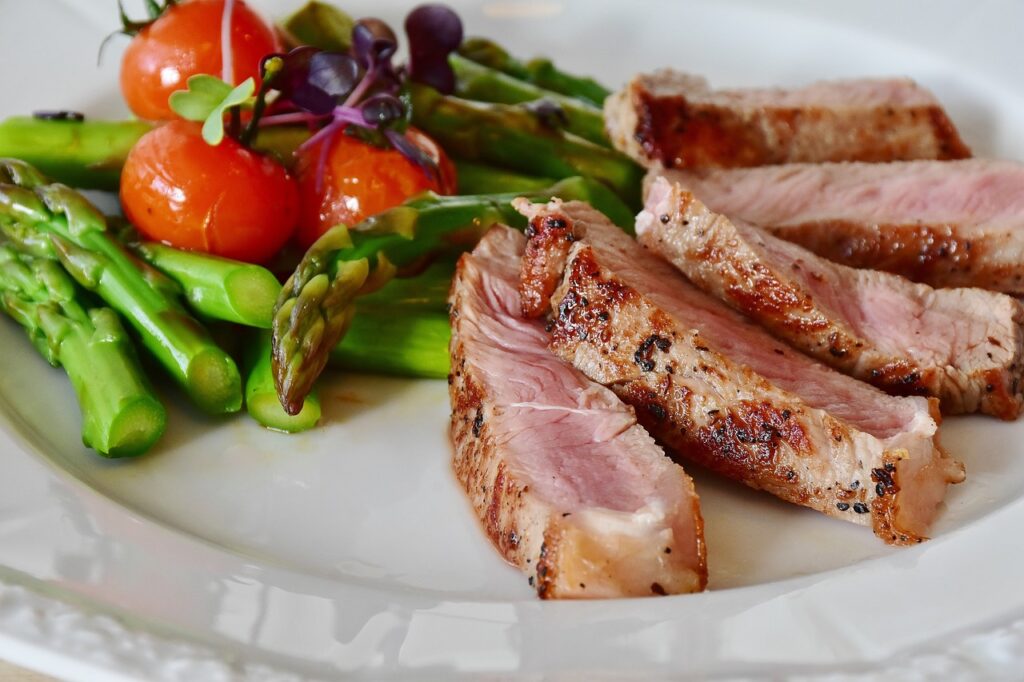
The potential vitamin and mineral deficiencies were also worrying. Don’t get me wrong, I don’t want to look like a bodybuilder in my 60s; I just don’t want to become scraggy and struggle with health issues due to a poor long-term diet. My protein concerns weren’t just related to its quality and quantity; the ridiculous price of meat alternatives and unease over how processed they were nailed the coffin shut on veganism for me. I’d rather eat better, less processed food which doesn’t line the pockets of the cynical, large food manufacturers.
Fundamentally, one of the biggest benefits from our vegan stint is that we have learned how to cook from fresh, including making sauces and spice mixes that we would have previously bought in processed and more expensive packs at the supermarket. It was worth it just for that.
Now we buy quality grass-fed meat and free-range eggs from our local farm shop. It’s more expensive but while we’re still eating animals, they are reared in better conditions than the mass-produced, processed meat and chicken products we used to eat which are intensively reared to grow quickly.
Essentially, we’re back to being omnivores who eat more veggies than before and buy meat and fish raised to higher animal welfare standards. We have continued to eat less dairy, which we cut out when we went vegan. We’re back on proper cheese and Greek Yoghurt but we’ve stayed off cow’s milk and are using oat milk instead.
On the subject of Dairy Milk, we have slipped back into eating milk chocolate a bit but are going to try to switch back to dark chocolate again. However, we’ve dumped Cadbury’s and other major confectionery brands and are eating more ethical chocolate from Tony’s Chocolonely. Sadly, we do have the occasional takeaway now but will try harder to stay off them and cook more. Having a Domino’s Pizza opening up nearby in the past few months hasn’t helped!
So that’s it really. I’m quite disappointed that the hype about plant-based diets just hasn’t delivered. The best way forward for us is a diet with more vegetables, with lower quantities of higher-quality chicken, meat and fish, and a reduction in our processed food intake. Cooking with fresh and simple ingredients from scratch will help achieve this… although there will be the occasional departure – I broke my vegan fast with an M&S Chicken Kyiv and Cheesy Dirty Fries.
Balance is more important and safer than cutting out all animal and fish products. In fact even professor Tim Spector, a leading voice on diet and the gut microbiome, states that eating small amounts of fish and animal protein can be part of a nutritious and sustainable diet.
On a final note, not surprisingly, our dog is also happier that we have cheese and chicken in the house again. Case closed!
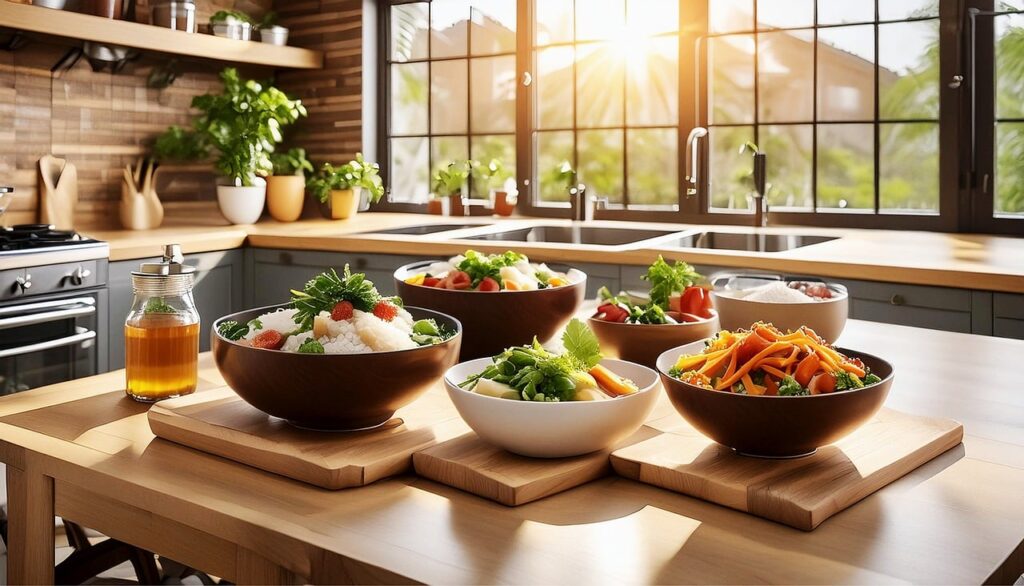
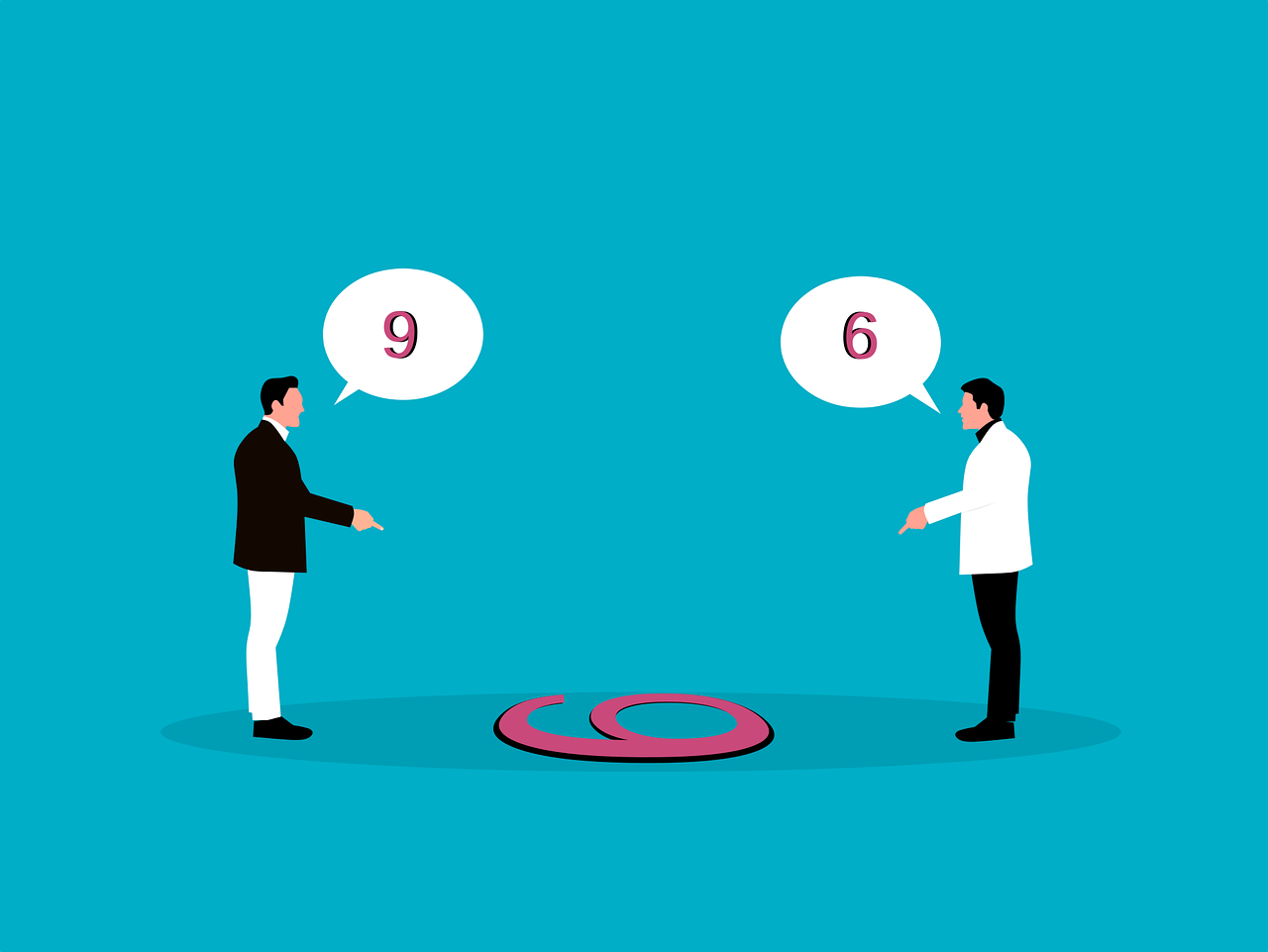

5 responses
I really enjoyed reading this, a very insightful summary of your discovery.
Thanks Tabitha. That’s greatly appreciated.😁
Hey Kam, I’ve been veggie – almost vegan for 35 years now, poor diet mostly. Never been a fan of meat alternatives, beyond meat etc. Also agree, vegan cheese just doesn’t work, always with a hint of coconut. 😂
Never, ever drink milk, and as part of a bone scan related to an obscure auto immune disease I got in 2020, turns out I’ve got osteoporosis, so calcium tablets daily. So definitely agree with looking into vitamins etc., to make sure you’re getting the right stuff in.
Having said all that, managed to do an Ironman in a decent time in 2019 – weirdly next to Chris Balodis post his heart attack. 😬😂
For those going full on vegan, don’t forget to check your toothpaste and alcohol – plenty of fish and eggs in beer and wine. 🫤
Nice write up, enjoyed the read.
Thanks Matt – really appreciate your feedback. Good to hear from you. I vaguely recall you being vegetarian. Yeah – meat alternatives and cheese have such a long way to go. Sorry to hear about the osteoporosis. Hope the calcium tablets are helping. Well done on the Ironman too. I couldn’t do anything like that, whatever diet I’m on! 🤣 Good advice on the toothpaste and alcohol too… easily overlooked.